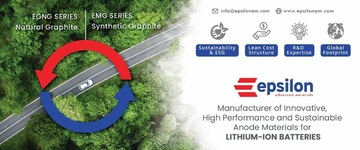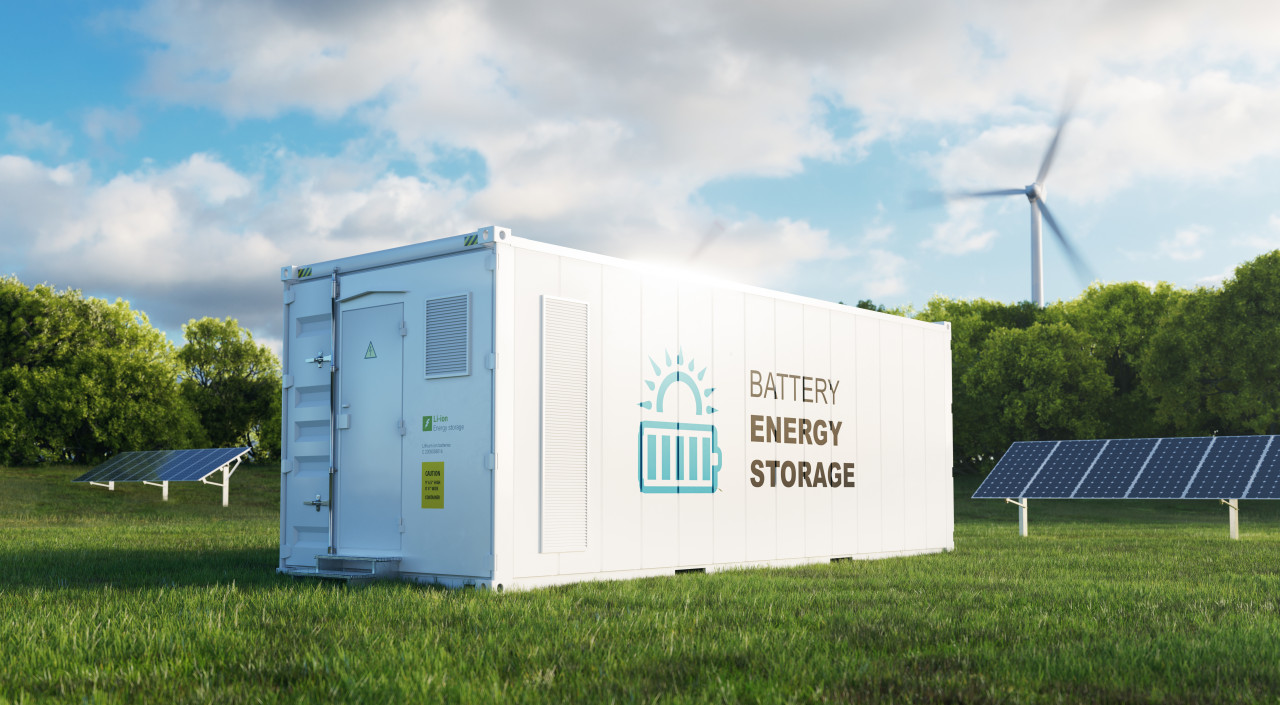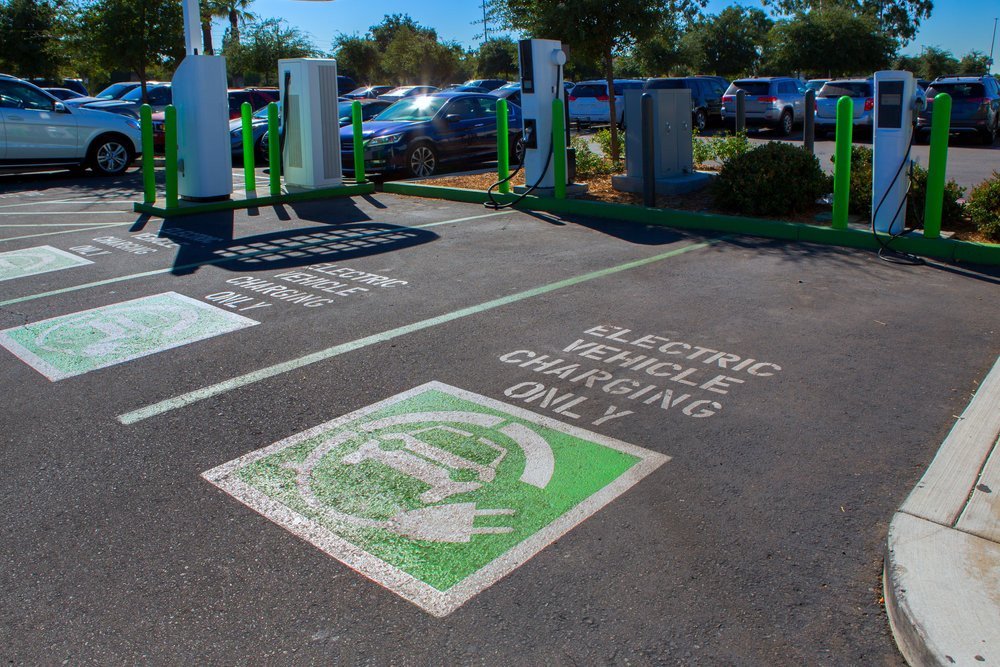ACC battery storage manufacturing set to take off in India
The Union Cabinet has approved INR 18,100 Production Linked Incentive (PLI) scheme for Advanced Chemistry Cell (ACC) battery storage manufacturing in India. The scheme aims to set up cumulative 50GWh of ACC battery manufacturing facilities in India.
The Union Cabinet yesterday approved the much-awaited Production Linked Incentive (PLI) scheme for Advanced Chemistry Cell (ACC) battery manufacturing with the view to make India 'Aatmanirbhar' (self-reliant) in the manufacturing of advanced storage technologies.
The PLI scheme on ACC Battery Storage proposed by the Department of Heavy Industry (DHI) is aimed at achieving a manufacturing capacity of 50GWh of ACC and 5 GWh of "Niche" ACC in India.
"At present India imports INR 20,000 crore worth of battery storage equipment, with the newly approved PLI scheme in ACC battery manufacturing, India will be able to make advanced battery storage technologies domestically, and reduce its reliance on imports," said Prakash Javadekar, Minister of Heavy Industry and Public Enterprises, addressing a press conference held yesterday after the Cabinet meeting.
ACCs are the new generation of advanced storage technologies that can store electric energy either as electrochemical or as chemical energy and convert it back to electric energy as and when required. Currently, battery storage is being used in consumer electronics, electric vehicles, advanced electricity grids, solar rooftops, among others -- these sectors are expected to achieve robust growth in the coming years, and with that, the demand for battery storage is also expected to surge.
"The National Programme on ACC Battery Storage is expected to attract investments of INR 45,000 crore," said Mr. Javadekar.
The minister underscored that the PLI scheme for ACC battery manufacturing will also give a significant push to electric mobility in India (electric two-wheeler, three-wheeler, four-wheelers as well as heavy vehicles segment) and make way for long-lasting and fast-charging batteries manufactured in India.
Industry stakeholders welcome Cabinet decision
India Energy Storage Alliance (IESA), an industry alliance focused on promoting energy storage and e-mobility in India welcomed the Union Cabinet's approval.
"The approval of ACC programme will enable Indian conglomerates to take the first steps to become part of the global advanced battery manufacturing ecosystem and attract global technology leaders and investors to invest in India," expressed Dr. Rahul Walawalkar, President, India Energy Storage Alliance (IESA).
ACC batteries will be crucial for India's energy security in the coming decade given their role in enabling renewable integration and e-mobility transition, he added. Currently, all the demand for ACCs in the country is being met purely through imports.
IESA and its members have been at the forefront of the efforts towards building advanced battery manufacturing capabilities in the country and making India a hub for R&D in advanced energy storage technologies.
Amara Raja Group, one of India's largest battery storage manufacturers of lead-acid batteries for both industrial and automotive applications welcomed the Union Cabinet's approval of the PLI scheme for Advanced Chemistry Cells for building gigafactories.
"Establishing domestic manufacturing capability in the EV battery value chain is a critical and essential enabler towards accelerated adoption of electric mobility in the country," expressed Vijayanand Samudrala, CEO, Amara Raja Group.
However, Mr. Samudrala cautioned that while the scheme will spur investments in the sector, challenges such as choosing the right mix of technology for addressing the unique mobility needs of the country and securing the critical raw material supplies need to be addressed.
Nexcharge, a leading energy storage solutions provider and a joint venture between Exide India and Leclanché, Switzerland emphasized that there is a significant opportunity for the private sector to participate and accumulate benefits under the PLI scheme and at the same time, contribute to India's large and unique battery manufacturing story.
"While efficient implementation will determine the overall success, the scheme is well-positioned to provide a boost in production, competitiveness, and exports of manufacturing companies," said Stefan Louis, CEO and Chief Technical Officer, Nexcharge.
"We are waiting for the Final RFP to be released by the Govt. of India to make a well-informed decision on cell manufacturing," he added.
Exicom Tele-systems, another leading Li-ion battery manufacturer and EV charging infrastructure company in the country hailed the Union Cabinet approval as a step in the right direction for boosting battery manufacturing and simultaneously providing the right push for EV adoption in India.
Anant Nahata, MD, Exicom Tele-systems noted, "the initiative will augment Li-ion cell manufacturing in India, leading to reduced dependence on cell imports and hence reduced costs. It will help us attain economies of scale while producing globally competent, hi-tech batteries."
Like several other stakeholders, Mr. Nahata, too believes the success of the scheme will rest on how effectively the scheme gets implemented.
Next-steps in implementation of the scheme
As per the official release by DHI, ACC battery storage manufacturers will be selected through a transparent competitive bidding process. The manufacturing facility would have to be commissioned within a period of two years, and the incentive will be disbursed thereafter over a period of five years.
The incentive amount will increase with increased specific energy density and cycles and increased local value addition. Each selected ACC battery storage manufacturer would have to commit to set-up an ACC manufacturing facility of a minimum 5GWh capacity and ensure a minimum 60 percent domestic value addition at the project level within five years.
Furthermore, the beneficiary firms have to achieve a domestic value addition of at least 25 percent and incur the mandatory investment INR 225 crore /GWh within two years (at the mother unit level) and raise it to 60 percent domestic value addition within five years, either at Mother Unit, in-case of an integrated unit, or at the project level, in-case of "Hub & Spoke" structure.
The outcomes/ benefits expected from the scheme:
- Setup a cumulative 50 GWh of ACC manufacturing facilities in India under the Programme.
- Direct investment of around INR 45,000 crore in ACC battery storage manufacturing projects.
- Facilitate demand creation for battery storage in India.
- Facilitate Make-in-India: Greater emphasis upon domestic value-capture and therefore reduction in import dependence.
- Net savings of Indian INR 2,00,000 crore to INR 2,50,000 crore on account of oil import bill reduction during the period of this Programme as ACCs manufactured under the Programme expected to accelerate EV adoption.
- The manufacturing of ACCs will facilitate demand for EVs, which are proven to be significantly less polluting. As India pursues an ambitious renewable energy agenda, the ACC program will be a key contributing factor to reduce India's Green House Gas (GHG) emissions which will be in line with India's commitment to combat climate change.
- Import substitution of around INR.20,000 crore every year.
- Impetus to R&D to achieve higher specific energy density and cycles in ACC. Promote newer and niche cell technologies.























